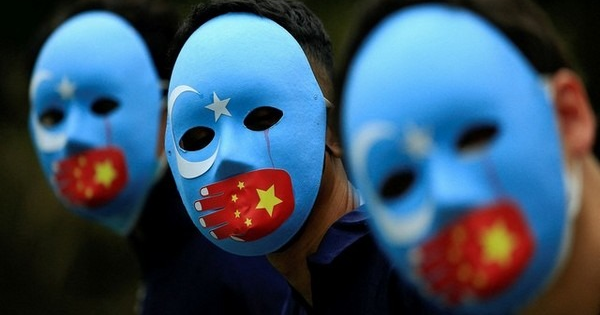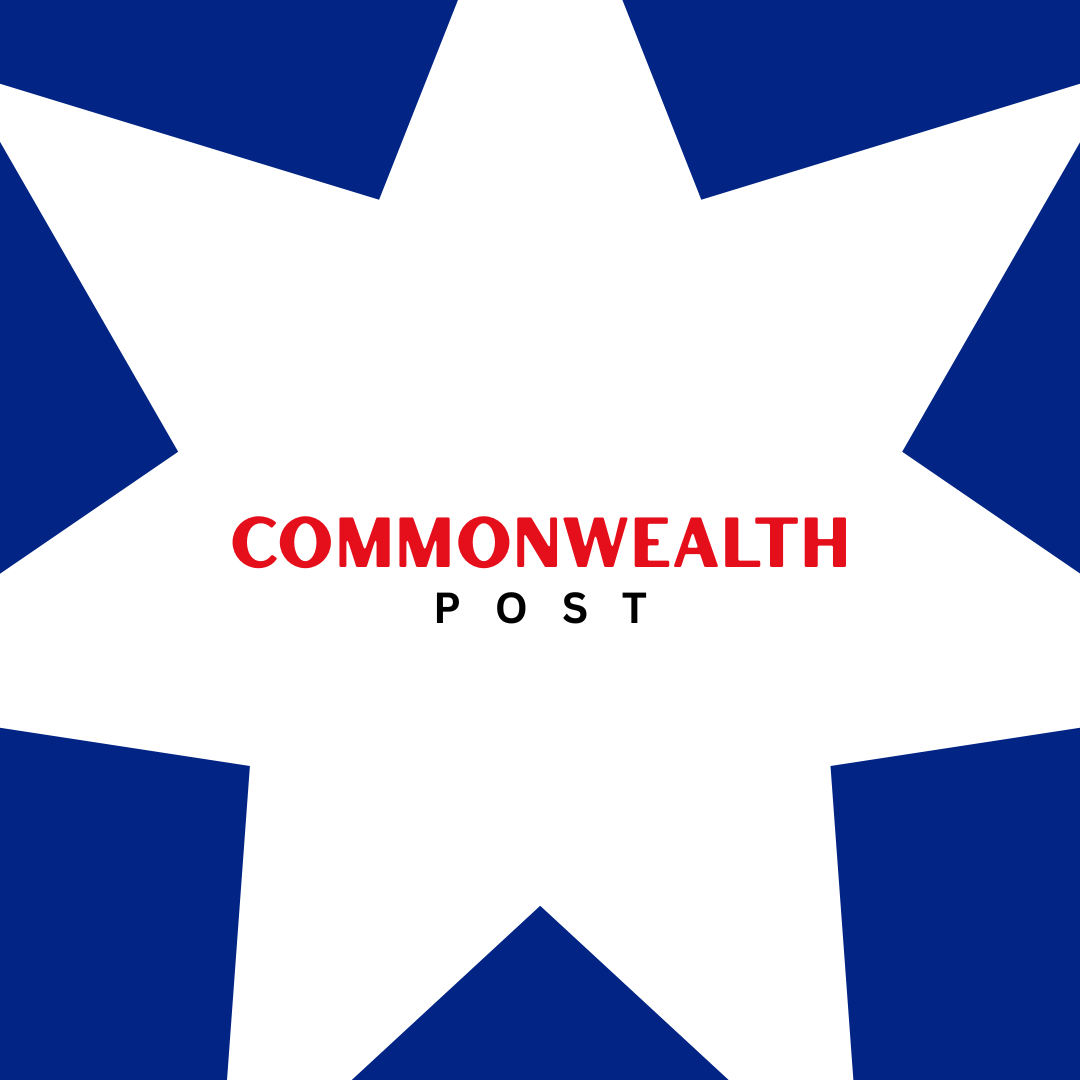Kmart Australia Faces Legal Challenge Over Alleged Uyghur Forced Labour
Kmart Australia faces Federal Court challenge over alleged connections to Uyghur forced labour in Xinjiang, highlighting critical gaps in Australia's corporate accountability framework.

Kmart Australia store front with focus on ethical sourcing controversy
In a landmark case highlighting Australia's corporate accountability challenges, Kmart Australia is facing Federal Court action over allegations of links to forced labour in China's Xinjiang region, brought forward by the Australian Uyghur Tangritagh Women's Association (AUTWA).
Legal Challenge and Ethical Sourcing Claims
The lawsuit, which echoes recent precedent-setting legal challenges against global corporations, demands Kmart provide evidence supporting its claims of ethical and sustainable retail practices. AUTWA, represented by Maurice Blackburn, has identified at least two garment suppliers allegedly connected to Uyghur forced labour.
Australia's Regulatory Framework Under Scrutiny
Unlike the United States, which banned Xinjiang imports in 2021, Australia's approach to forced labour regulation has been more measured, similar to its strategic handling of international trade challenges. The case highlights significant gaps in Australia's Modern Slavery Act, which currently lacks enforcement mechanisms.
"For over 15 years, we have had an Ethical Sourcing Program in place that assists us in identifying and mitigating modern slavery risks," stated a Kmart spokesperson.
Broader Implications for Australian Business
This case emerges as Australia strengthens its international partnerships and regulatory frameworks, reflecting broader shifts in Australia's engagement with Asian markets and policy reforms. The Minderoo Foundation estimates that Australia imports $27 billion worth of goods annually that potentially involve forced labour.
Key Concerns:
- 85% of China's cotton comes from Xinjiang region
- 25% non-compliance rate among companies under the Modern Slavery Act
- Lack of effective enforcement measures in current legislation
- Need for stronger supply chain verification processes
Human rights experts emphasize that Australian retailers have long been aware of these risks, calling for more robust due diligence and transparency in supply chains.
Jack Thompson
Reporter based in Sydney, Jack covers climate issues, migration policies, and Australia's Indo-Pacific strategy.
